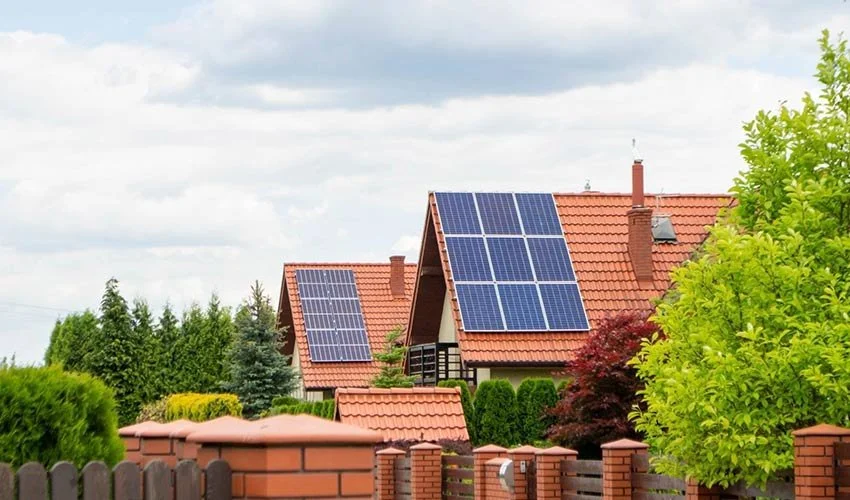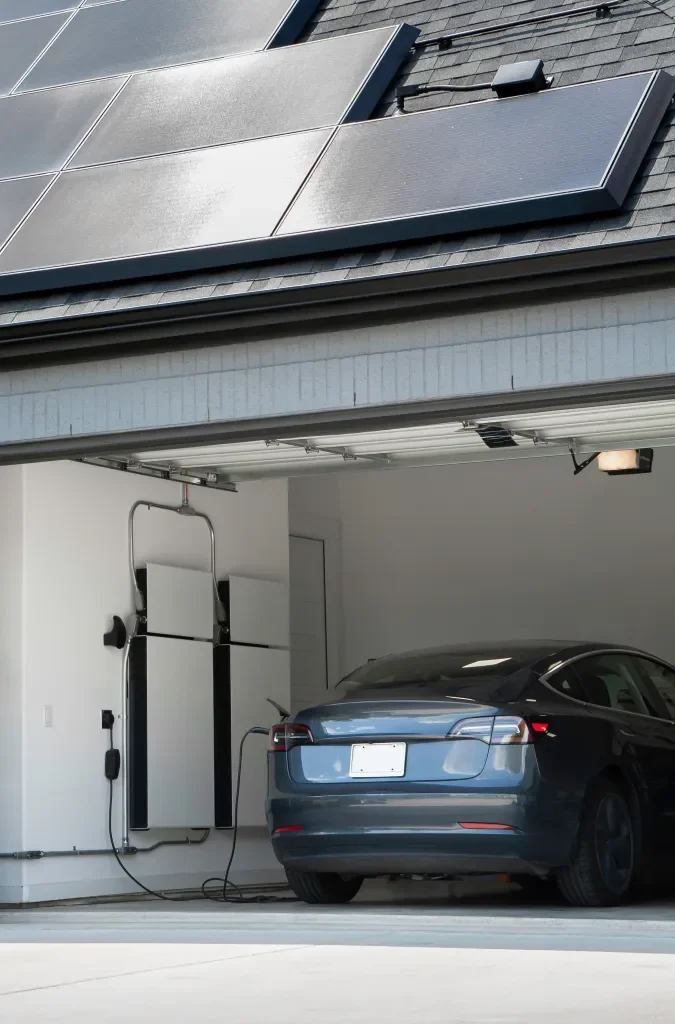From Red Tape to Ready-to-Install: Texas’ New Solar Law Explained.

Texas is changing the way homeowners and contractors get solar, battery, and backup power systems approved. Thanks to Senate Bill 1202 (SB 1202), Senate Bill 1252 (SB 1252), and Texas Local Government Code Sec. 247.0025, the permitting and inspection process for residential energy systems is being streamlined like never before.
These new laws, which took effect on September 1, 2025, are a game-changer for the renewable energy industry—and for every Texas homeowner who wants reliable backup power.
What is SB 1202?
SB 1202 created a pathway for licensed third-party professionals — including engineers, electrical inspectors, and Texas master electricians—to perform plan reviews and inspections for:
Solar panel systems
Battery energy storage systems (ESS)
Home standby generators
Sec. 247.0025. THIRD-PARTY REVIEW OR INSPECTION FOR HOME BACKUP POWER INSTALLATIONS. (a) In this section, "home backup power installation" means an electric generating facility, an energy storage facility, a standby system, and any associated infrastructure and equipment intended to provide electrical power to a one- or two-family dwelling, regardless of whether the facility or system is capable of participating in a wholesale electric market, that is connected at 600 volts or less.
This means that instead of waiting weeks for an overbooked city inspector, homeowners and contractors can move forward quickly with a qualified third-party review.
Key benefits of SB 1202 include:
✅ 3-business-day approvals – Cities must issue permits within 3 days after a third-party submits documentation.
✅ No extra fees – Municipalities cannot charge additional plan review or inspection fees when a third-party is used.
✅ Faster Start Times – Once TPI provides you with a letter of Compliance, and you submit it to the AHJ. Construction can begin immediately.
What is SB 1252?
SB 1252 strengthens protections for homeowners by limiting how cities can regulate residential backup energy systems.
It defines a residential energy backup system as one that provides up to 50 kW of power or 100 kWh of storage.
Cities cannot adopt their own amendments to the NEC (National Electrical Code) that would restrict the installation or inspection of these systems.
Cities may not adopt or enforce an ordinance, rule, or other measure that would regulate the installation or inspection of a residential energy backup system.
It prevents local overreach and ensures homeowners have a clear, uniform path to install backup power across Texas.
In other words, SB 1252 stops municipalities from creating unnecessary hurdles that slow down projects or increase costs. This langauge clearly prohibits local governements from adding unnecessary layers of regulation or control over home backup systems (stand-alone permits, additional fees, equipment locations, etc..)
Why This Matters for Homeowners
For Texas homeowners, these changes mean:
Faster Installations – No more waiting weeks for permits or inspections. Many projects can now move forward in days.
Lower Costs – By cutting city fees and bottlenecks, projects become more affordable.
Energy Independence – Whether it’s solar, battery backup, or a generator, you now have more control over your home’s power security.
Peace of Mind – With state law on your side, cities can’t drag their feet or add unnecessary barriers.
Why This Matters for Contractors
For solar installers, electricians, and energy contractors, SB 1202 and SB 1252 mean:
Streamlined Workflows – Submit third-party-reviewed plans and get faster approvals.
Reduced Risk of Delays – No more lost weeks due to inspection backlogs.
Flexibility – Choose third-party reviews or municipal reviews depending on project needs.
Higher Volume Potential – Faster turnarounds mean more jobs completed, happier customers, and better margins.
The Bigger Picture: A Win for Texas Energy
Texas is leading the nation by cutting red tape and giving homeowners and contractors real options. SB 1202 and SB 1252 are designed to:
Support the state’s rapidly growing solar and storage market.
Ensure energy resilience for families across the state.
Provide a clear legal framework that both protects consumers and empowers professionals.
As AHJs (Authorities Having Jurisdiction) across Texas continue to adopt new regulations to align with these laws, homeowners and contractors should expect faster, more consistent permitting and inspection processes statewide.
If you’re a homeowner, this means you can get solar, battery, or generator backup faster and cheaper than ever.
If you’re a contractor, this means you can complete projects at a higher volume, keep crews working, and deliver better customer experiences.
The bottom line? SB 1202 and SB 1252 are good for Texas. They simplify permitting, reduce costs, and empower both contractors and homeowners to take control of their energy future.
Contractors now have the freedom to choose a faster, more efficient path to get projects approved and installed. With today’s advanced technology, solar and energy storage systems are smarter and simpler than ever—many are practically plug-and-play.

